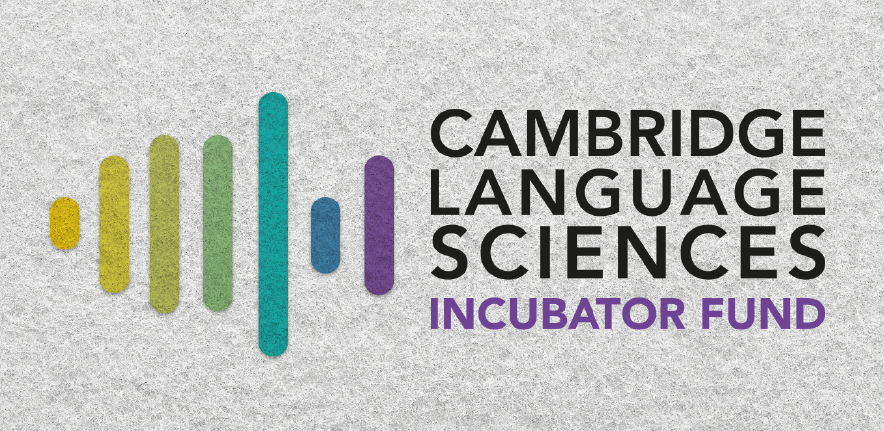
As well as providing proof of concept or evidence of collaboration for larger grant applications,.Incubator Fund projects are an opportunity to develop new ideas, collaborations and approaches, Here is what previous recipients of the fund have said.
'The Language Sciences Incubator Fund enabled us to make progress on an exciting project that would have taken much longer if we had pursued more traditional routes, such as UKRI funding.'
Prof. Andreas Vlachos, 'DeliData Annotation: Understanding Argument Transactions' (2022)
‘The support provided by the Cambridge Language Sciences Incubator Fund has been key in kickstarting our research using machine learning and natural language processing to analyse court decisions.’
Dr Felix Steffek, Faculty of Law, 'Predicting and mitigating contract clause conflict using AI' (2022)
'The Incubator Fund fills an important gap between conceptualisation of an idea and a full-fledged larger grant proposal or fellowship application.'
Dr. Margreet Vogelzang, Department of Theoretical and Applied Linguistics, 'Flexible processing in multilingualism: The case of innovative denominal verbs' (2022)
'We are incredibly grateful for this Language Sciences Incubator fund. It has made it possible for us to conduct an initial exploration on the alignment of human cognition and machine learning models on the capability of visual spatial reasoning. The outcome of the project will be immensely helpful for our future research agenda.'
Fangyu Liu, Department of Theoretical & Applied Linguistics, 'A linguistically-driven task on multi-modal spatial reasoning' (2021)
'Since the Incubator Fund grant, we've been contacted by the Centre for Advanced Welsh and Celtic Studies, University of Wales to collaborate on a related project using the techniques we've developed'
Dr David Willis, Department of Theoretical and Applied Linguistics, 'Towards a parsed corpus of historical Welsh' (2016)
'Preliminary data are novel and very promising, showing that bilingualism modulates the neural mechanisms for selective attention. […] The first manuscript based on this data set is currently under review and the second one is in preparation.'
Dr Mirjana Bozic, Department of Psychology, 'Neural correlates of selective attention in bilingualism' (2016)
